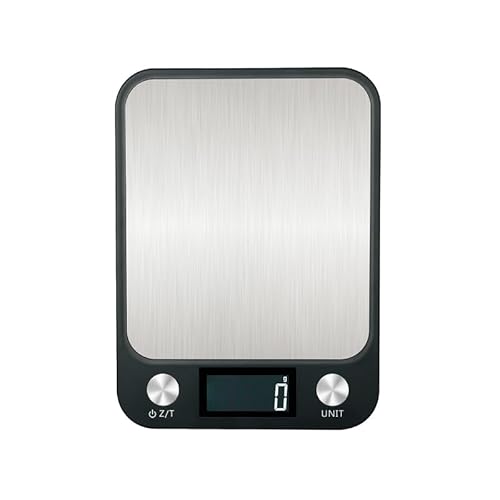I have a topless sippy cup of water that is the perfect fit for my SB, which I keep & use everytime I make soap (at home). The SB'er goes into the cup of water and sits there until the soap is in the mold and insulated (as needed.) Then comes the preliminary clean-up of the vessels utensils and so forth. As others, I wipe out what little (hopefully, but not always little) residue in my containers, then leave them all for a couple of days before a complete wash-up.
EXCEPT for my SB. It gets cleaned immediately. The soap batter will damage the rubber-ish washer or whatever that thing is that stops the soap from traveling up inside the body of the SB. (Yes, it has happened in the past to my first soapmaking SB.) The stint in the water prior to washing up, helps to loosen the soap somewhat, depending on the recipe, of course. I also use a small scrub brush under the blade, but I don't find it difficult. In the past I used to run the SB in water prior to washing, but that seemed to make no real difference, so I don't bother anymore.
Some things I clean as I go, because it is the wiser thing to do (for me) and prevents the spread of some things that would be even more messy if left for later (plus clean-as-I-go is a habit). Colorants are a mandatory clean-as-I-go thing. I use rubbing alcohol on each utensil used to measure/weigh any colorant, particularly micas, TD, oxides, AC, etc. I don't leave them until later, because alcohol removes all possible colorant mess & I don't have to mess with it later. I have never had a big spill of AC, but I have with some bright micas, and alcohol does an excellent job of getting everything up. I always have my spray bottle of alcohol handy when making soap.
I also highly recommend covering your work surface with protection prior to measuring out any of your ingredients. It makes clean-up so much easier (for me, anyway.)











































